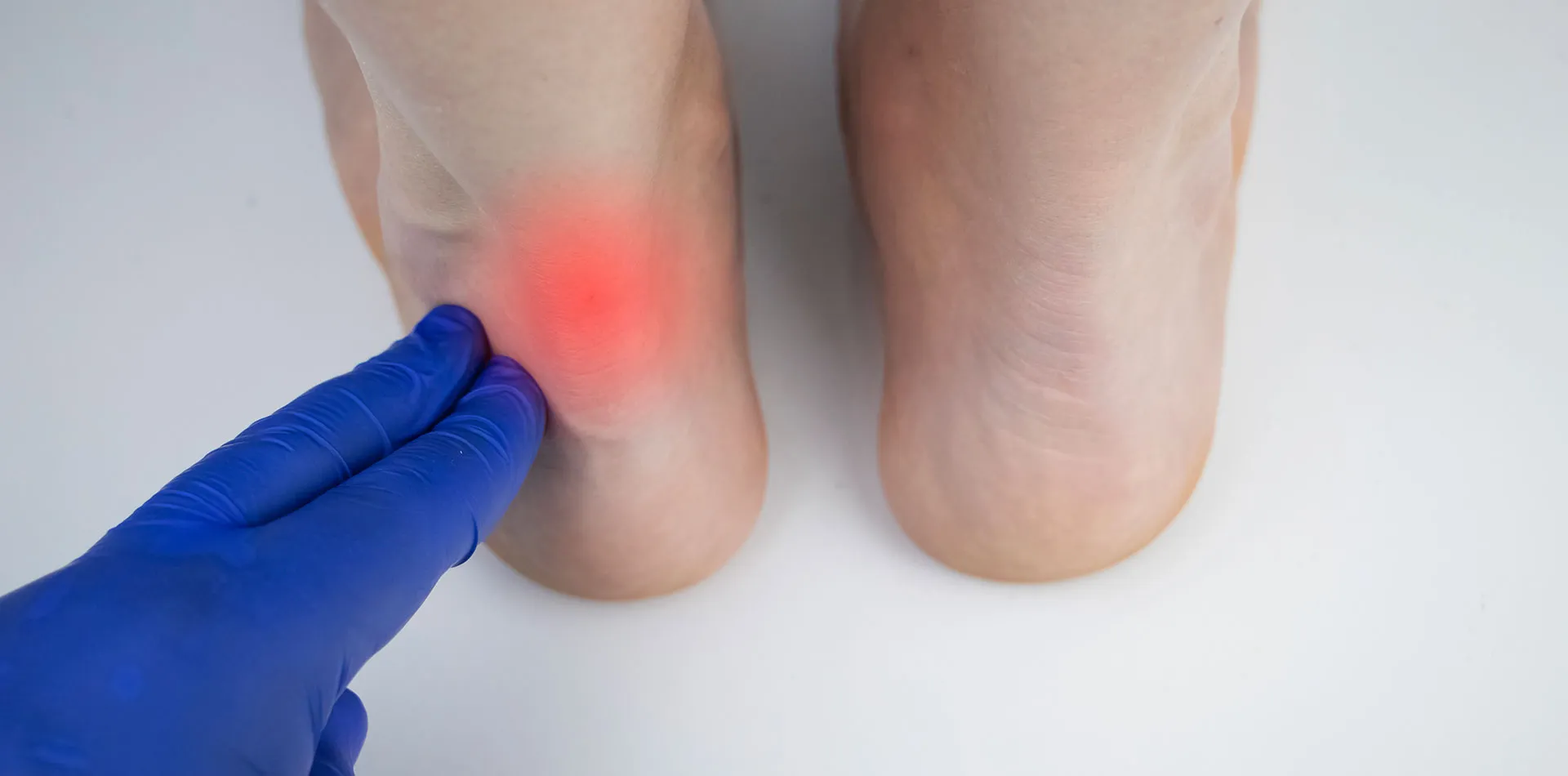
Achilles tendon rupture is an injury that hits the back of your lower leg, often affecting people while playing recreational sports and others during any chores if it strains and tears the Achilles tendon.
Achilles tendon is a strong fibrous cord joining the muscles in the back of the calf to the heel bone, and it may overstretches and tears (rupture) wholly or just partially, causing damage and pain.
When the Achilles tendon ruptures occur, you will hear a pop and experience an immediate piercing pain in the back of your ankle, leading to difficulty in walking properly. Many get treated with nonsurgical methods, but surgery is done to repair the rupture for several others.
Some people may have no indications of an Achilles tendon crack. Still, most people experience being hit in the calf, severe pain and swelling near the heel, difficulty bending the foot downward, or moving the injured leg when walking. People may also have the inability to stand on the toes of the injured leg and hear a pop sound when the injury occurs.
Get medical consultation immediately when you hear a pop in your heel, and it causes difficulty in walking correctly afterwards.
Achilles tendon helps in the entire foot's functioning, such as turning your foot downward, rising on your toes, and pushing off your foot as you walk and move your foot.
Damage to the tendon may happen in the section within 2 1/2 inches (about 6 centimeters) to the point that connects to the heel bone. It is prone to tear as blood flow here is poor, impairing its ability to heal.
Ruptures happen due to a sudden rise in the stress on your Achilles tendon. It is caused by situations like falling from a height or stepping into a hole. It may also occur because of a sudden increase in sports participation, especially in those activities that involve jumping.
Factors that raise the risk of Achilles tendon rupture are:
• Age: People in 30 to 40 years are prone to Achilles tendon rupture.
• Sex: Men, compared to women, are up to five times more likely to get Achilles tendon damage.
• Recreational sports: Sports participation and activities involving running, jumping, even sudden starts and stops like soccer, basketball and tennis are more inclined to Achilles tendon injuries.
• Steroid injections: Beings injected with steroids into an ankle joint may help reduce pain and inflammation, but it also weakens nearby tendons, causing Achilles tendon ruptures.
• Certain antibiotics: Fluoroquinolone antibiotics, like ciprofloxacin (Cipro), levofloxacin (Levaquin), can elevate the risk of Achilles tendon rupture.
• Obesity: More weight puts more strain on the tendon.
Limit the occurrence of developing Achilles tendon problems with the following tips:
• Stretch and strengthen calf muscles. Calf-strengthening exercises are beneficial in assisting the muscle and tendon absorb more force and prevent injury. Stretch the calf, feel a noticeable pull but not pain.
• Vary your exercises. Perform high-impact sports alternatives like running with low-impact sports, namely walking, biking or swimming. Activities that put excessive stress like hill running and jumping activities must be avoided.
• Choose running surfaces carefully: People running on hard or slippery surfaces are more likely for being injured, so avoid them. Wear proper dress when training in cold-weather training. Athletic shoes that properly cushion heels, fit well must be used.
• Increase training intensity slowly: Go gradual with raising your training intensity, such as increase 10 per cent weekly on the distance, duration and frequency of your training.
Patient Experience